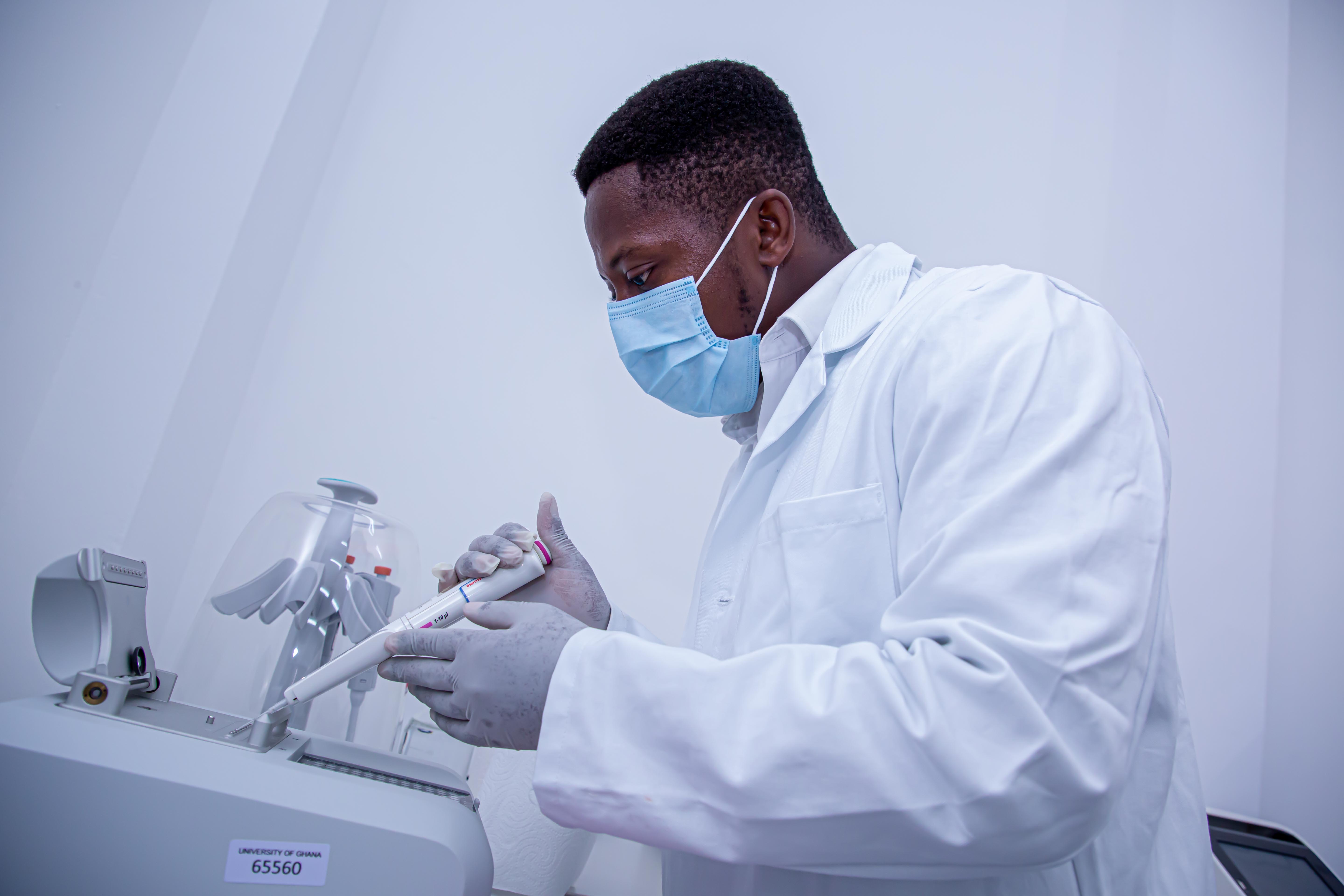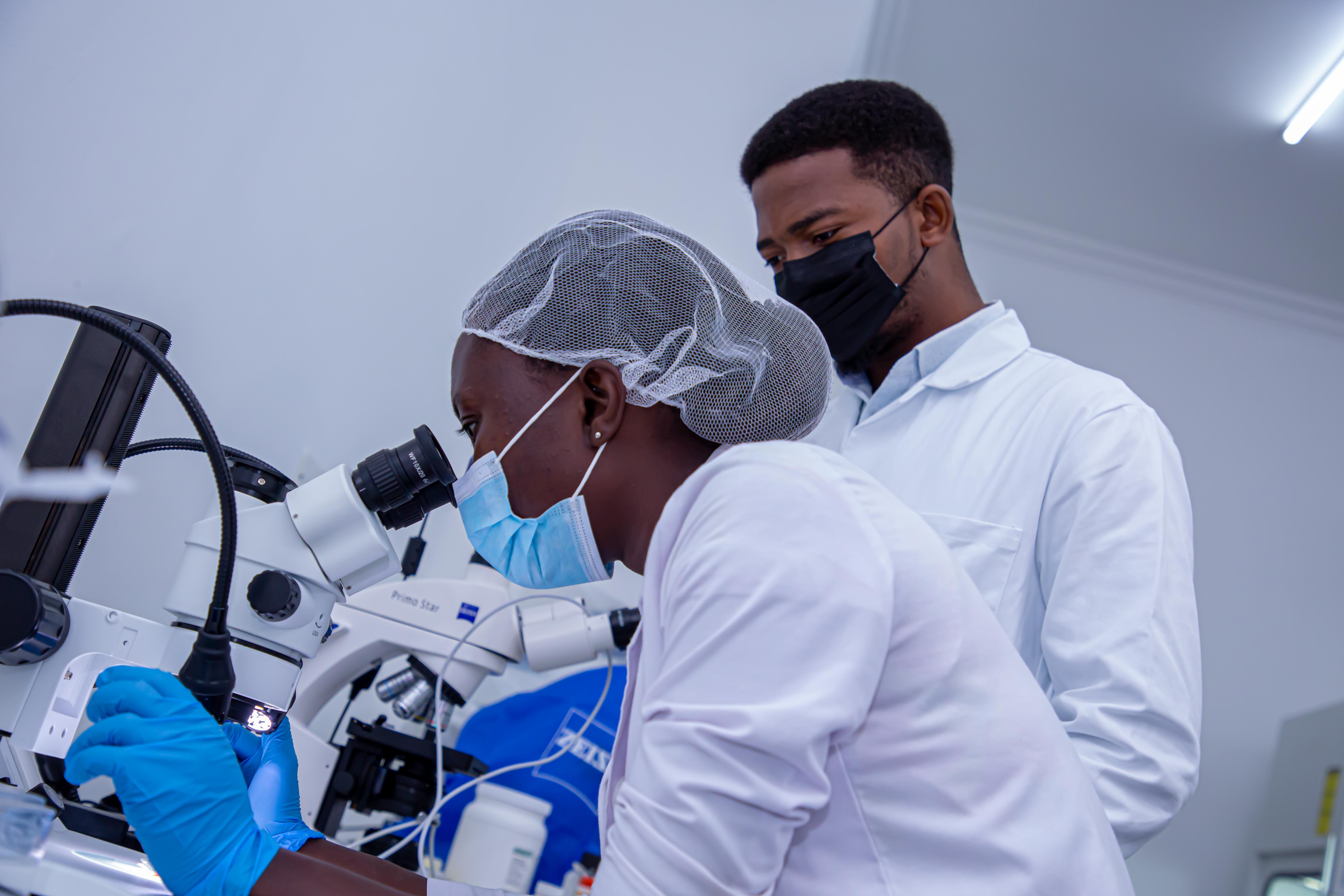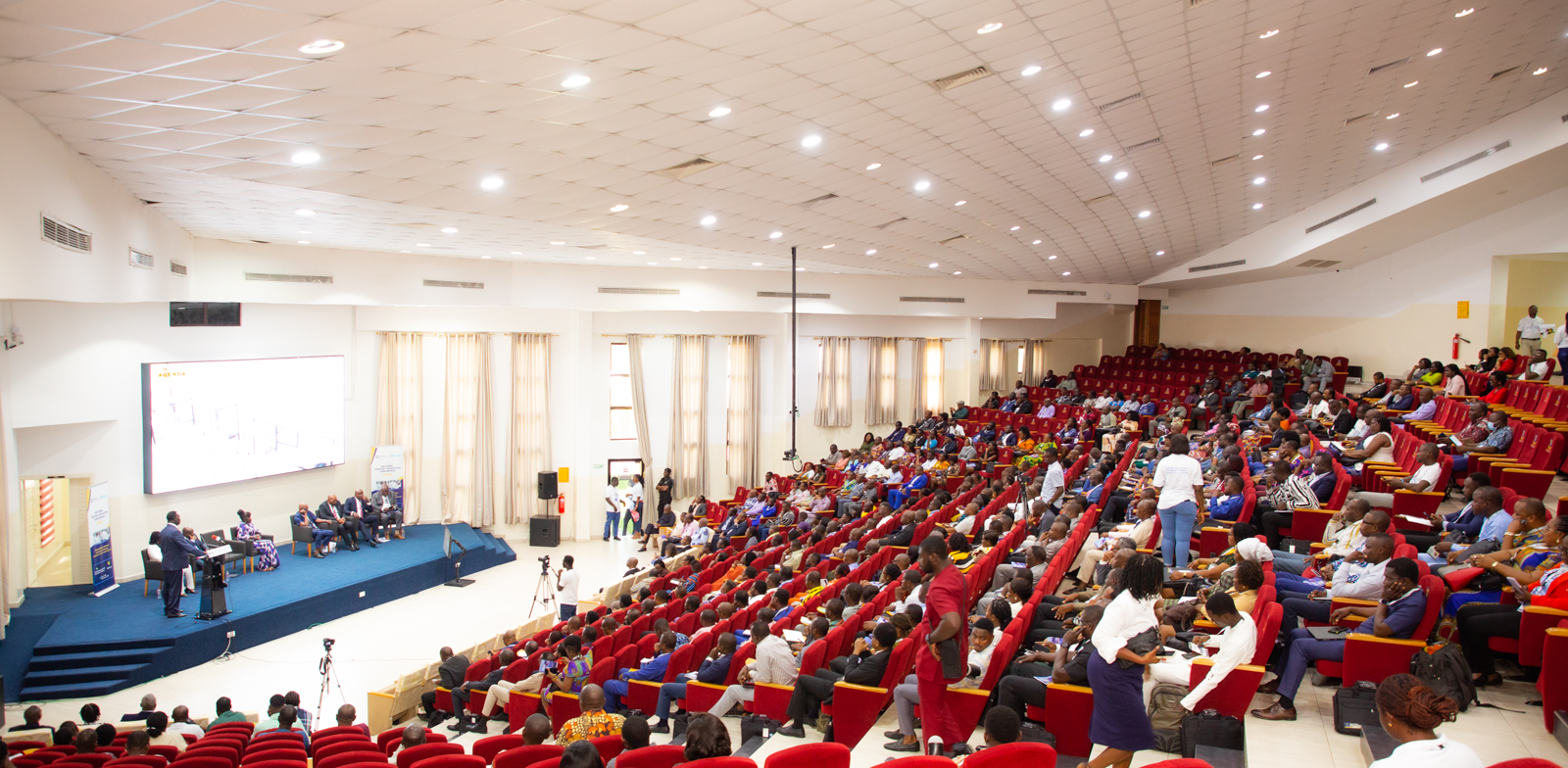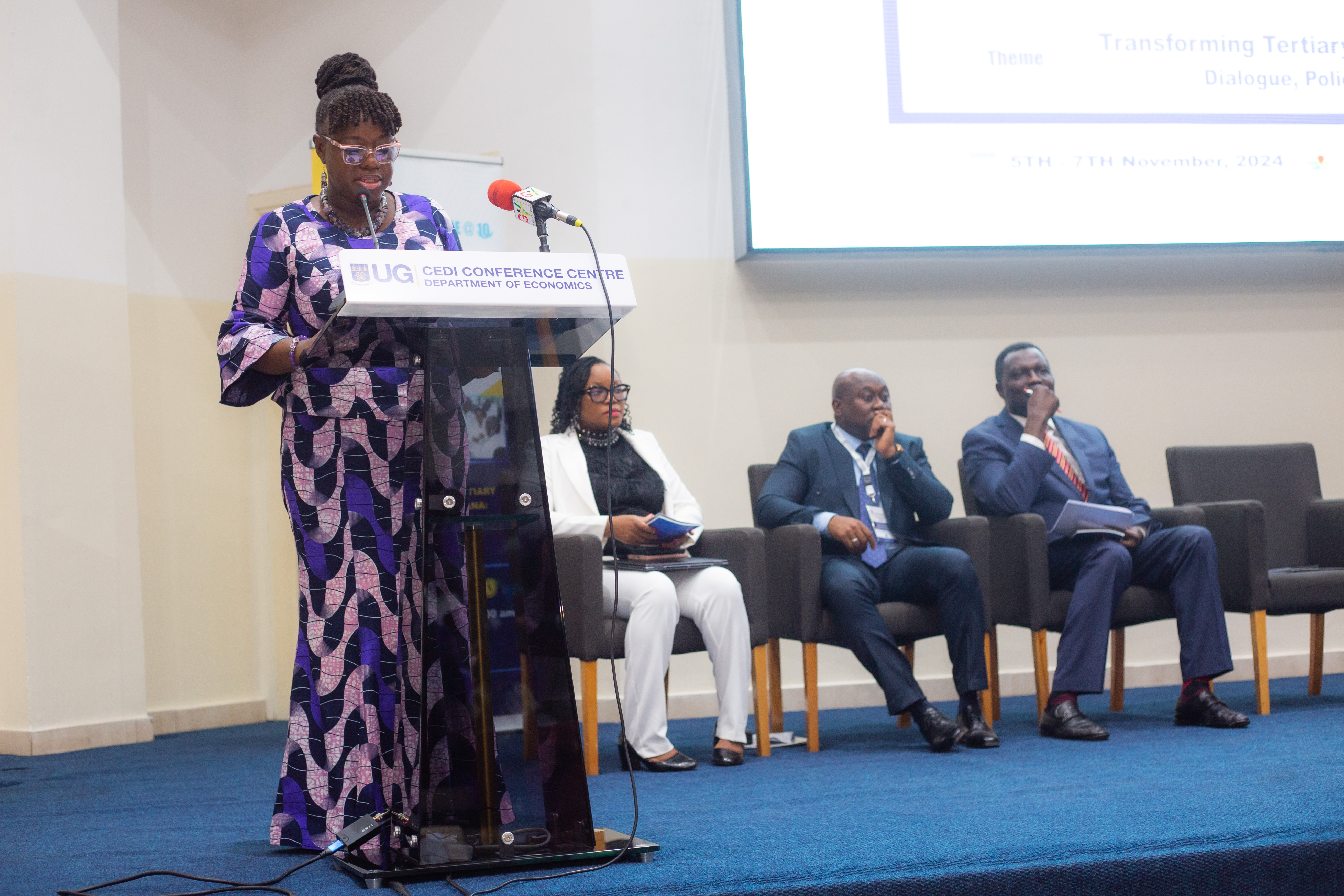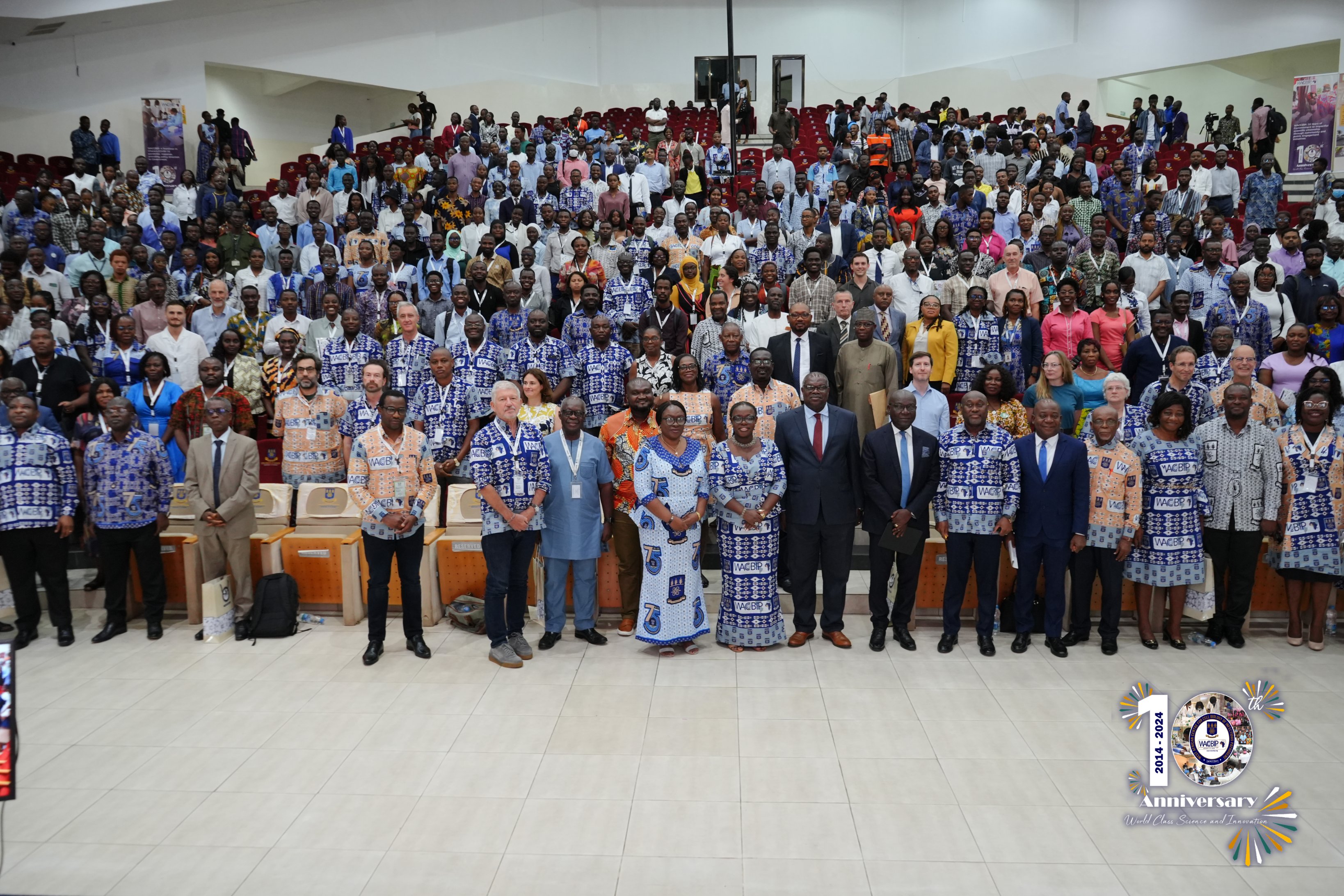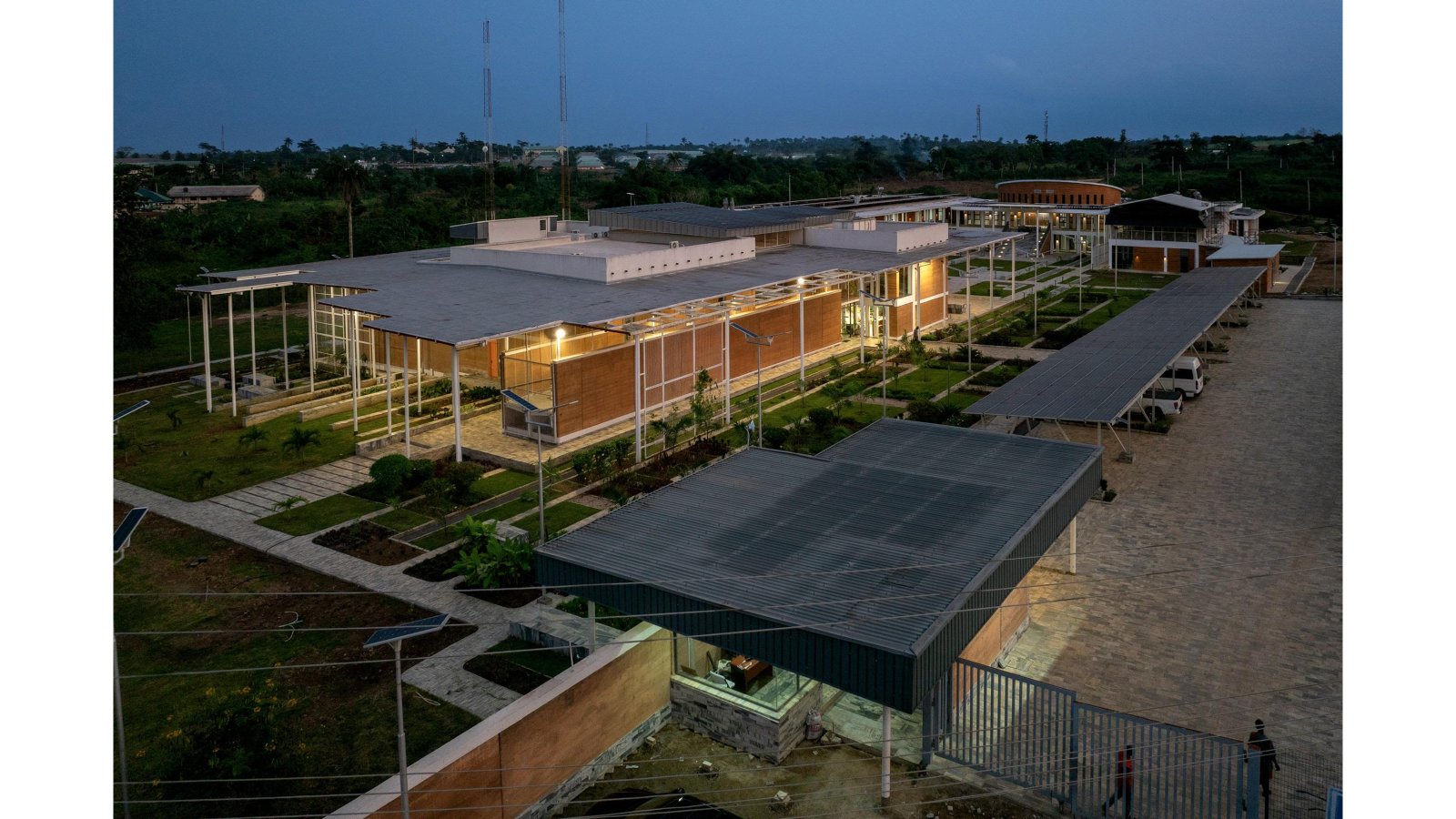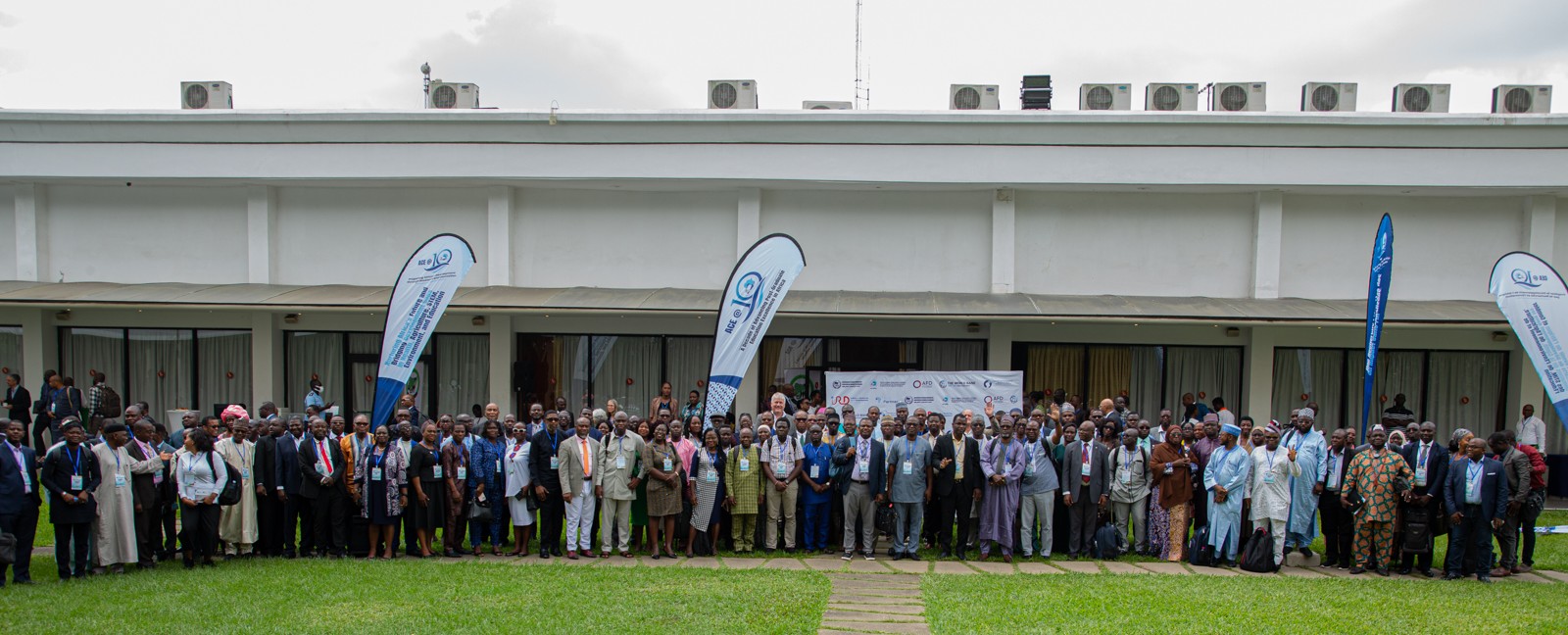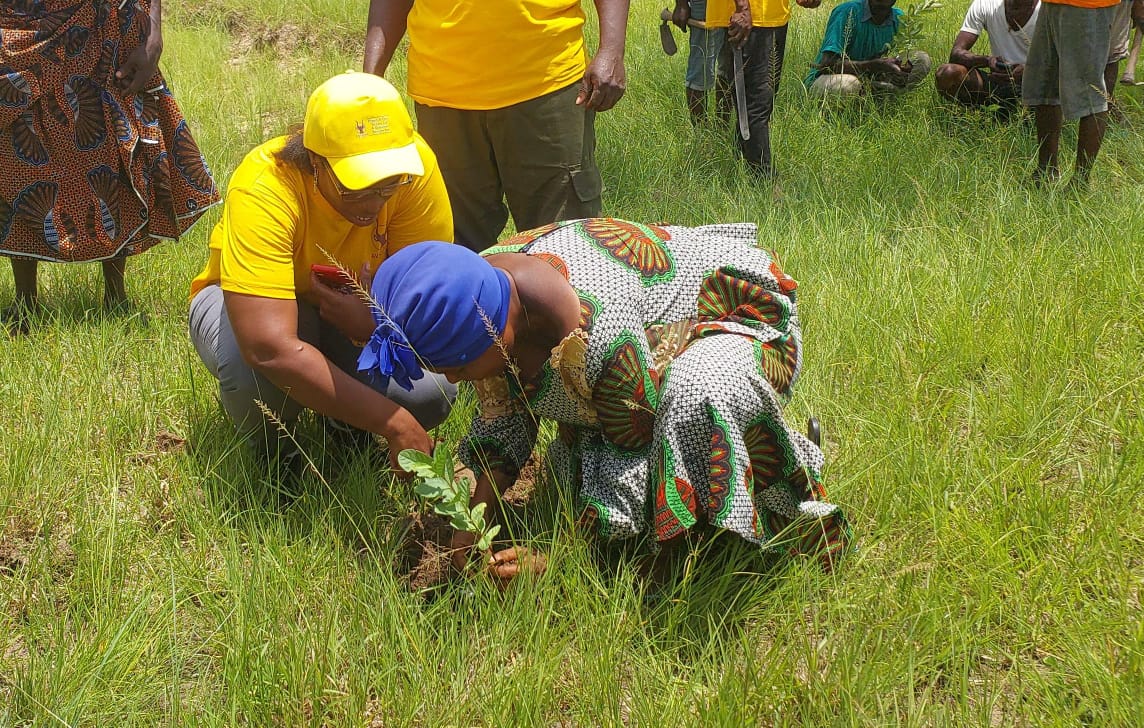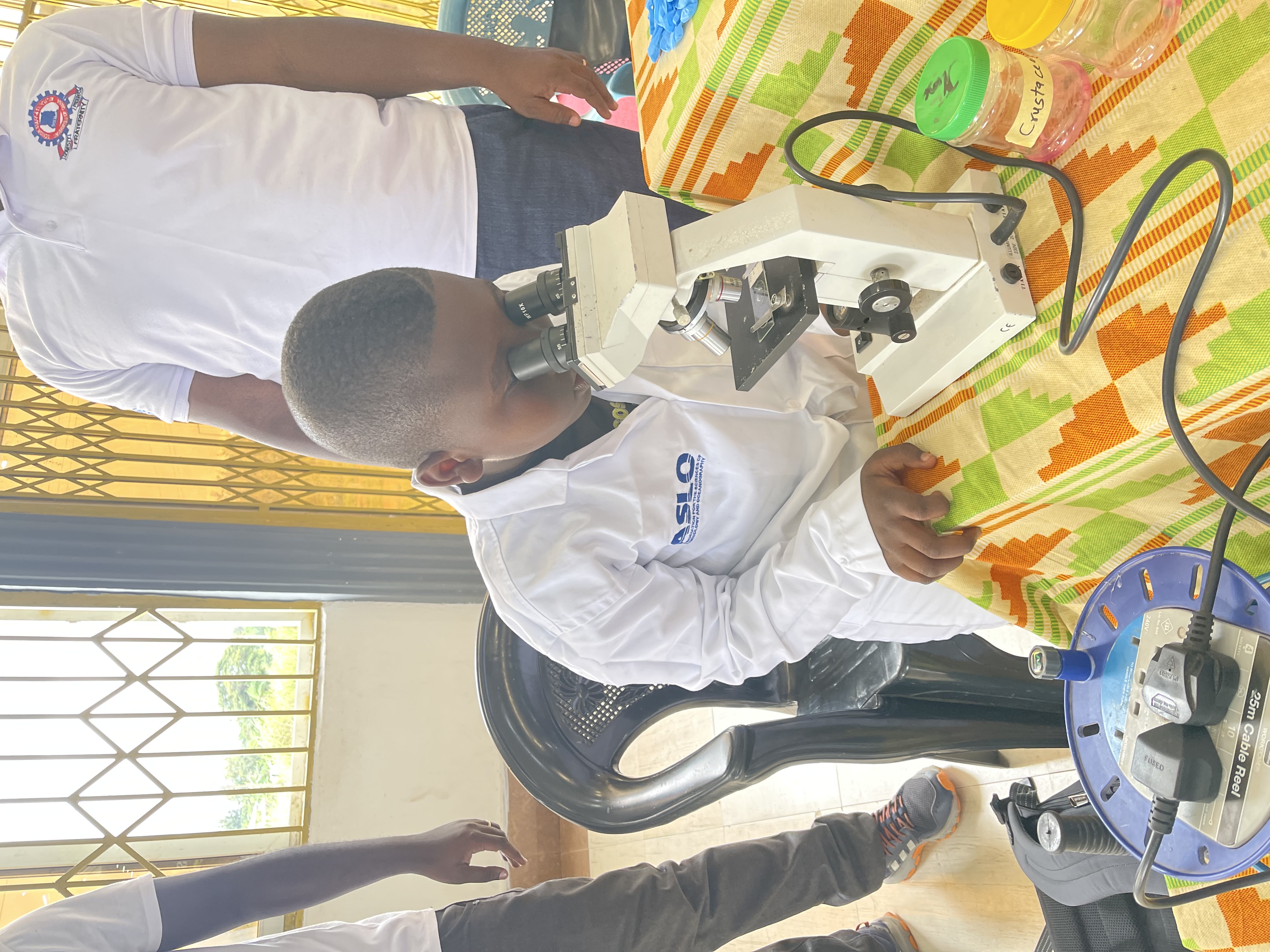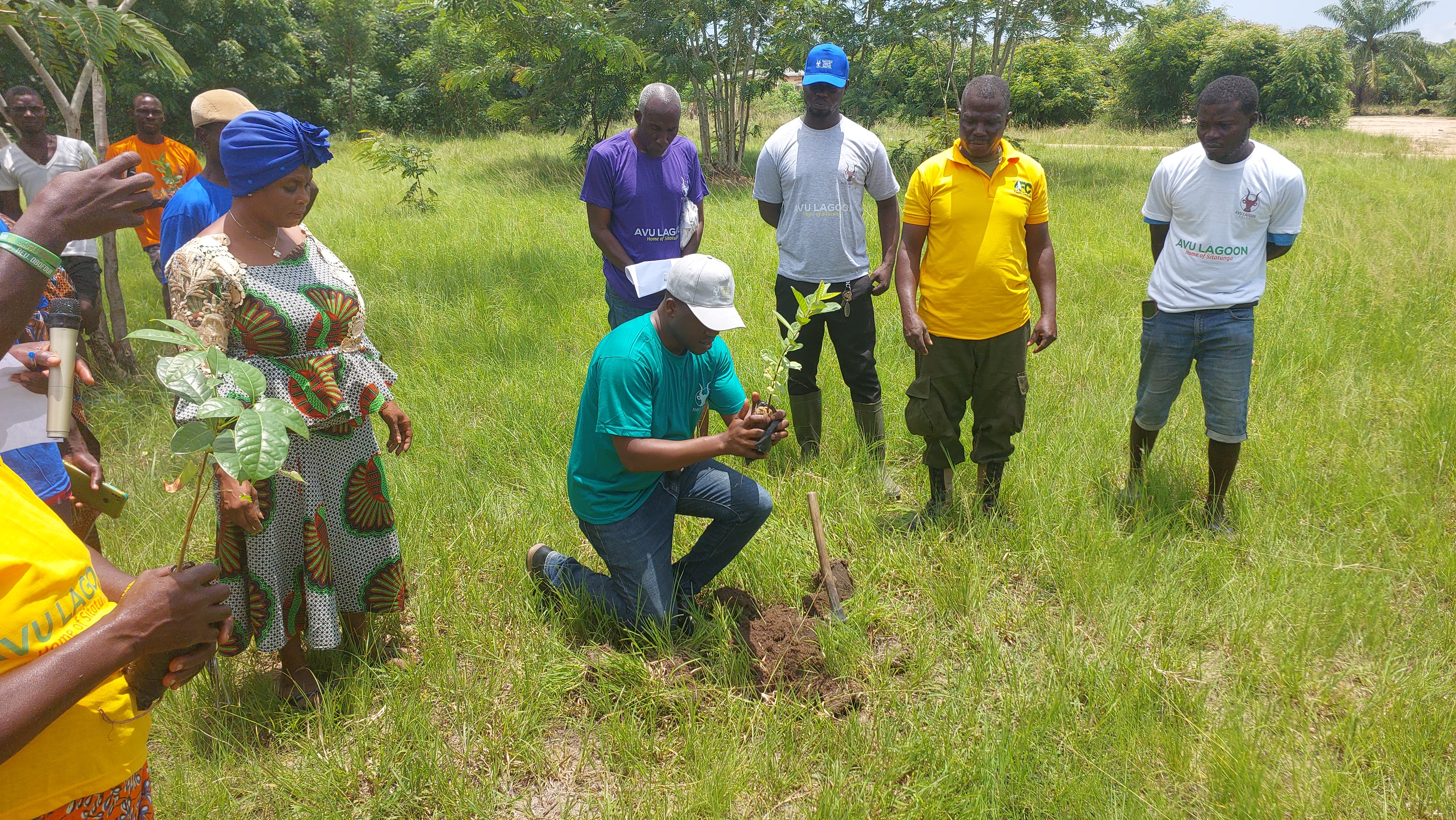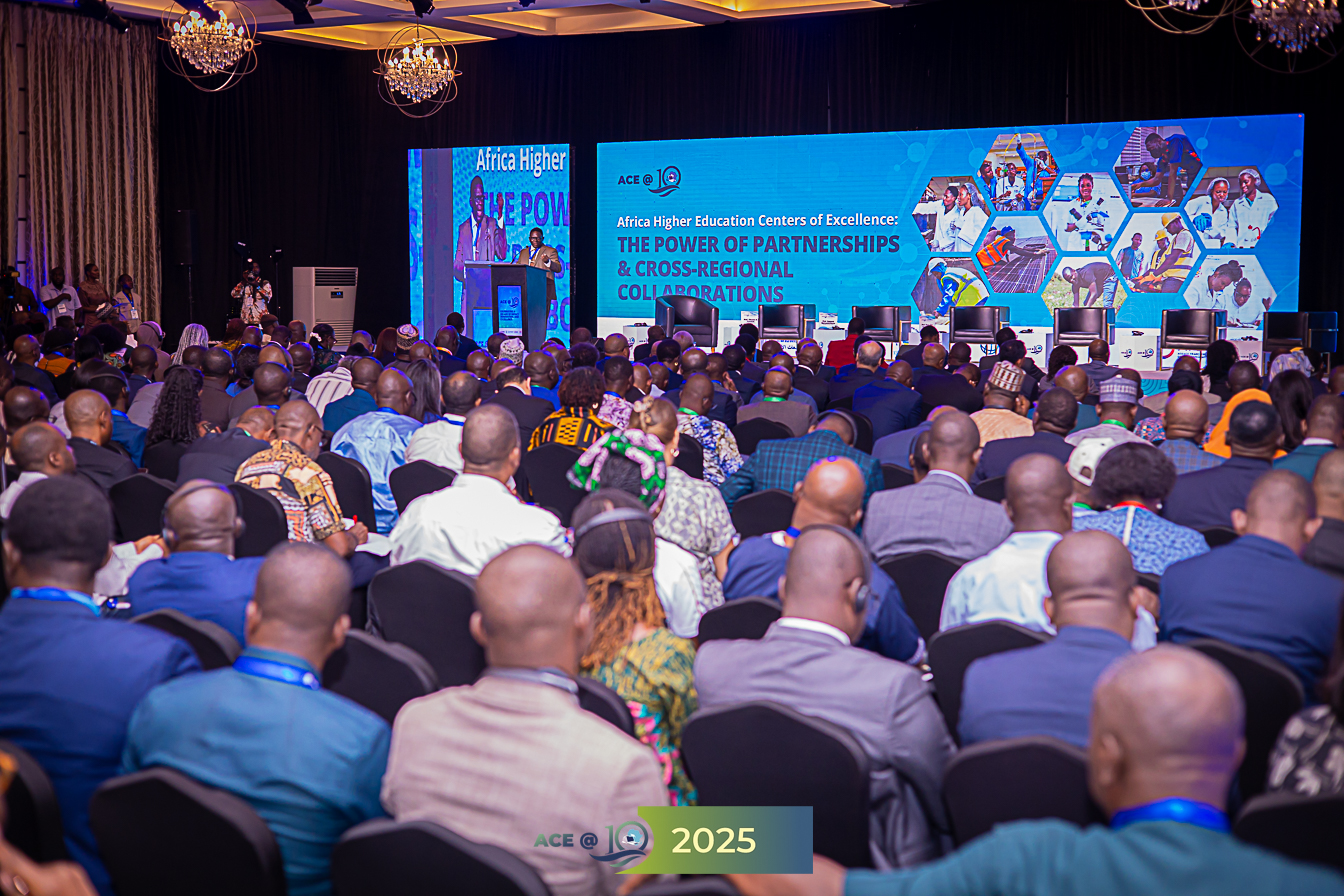Driving Digital Excellence: How OAK PARK Is Powering Africa’s Tech Transformation
The Africa Centre of Excellence: OAU ICT-Driven Knowledge Park (OAK-PARK) at Obafemi Awolowo University, Nigeria, celebrated a decade of transformative impact on 10 December 2024. As a trailblazer in digital innovation, research, and talent development, OAK-PARK has redefined how technology drives education and progress in Africa. The milestone underscored its vital role in advancing the ACE Program’s mission to elevate postgraduate education and research that tackle the continent’s most urgent development challenges.
The anniversary was marked by the inauguration of key initiatives that symbolize both innovation and sustainability:
-
- The Oak Park Garden: A serene space designed to encourage reflection, creativity, and idea generation among students and faculty. In an era where digital technologies and artificial intelligence are driving solutions to complex global and regional challenges, the garden provides an enabling environment to spark fresh ideas and propel innovation.
- The Oak Park Executive Lounge: A fee-paying venture tailored for senior members of the university community, designed not only to enhance professional interactions but also to serve as an alternative income stream, reinforcing the center’s commitment to financial sustainability.
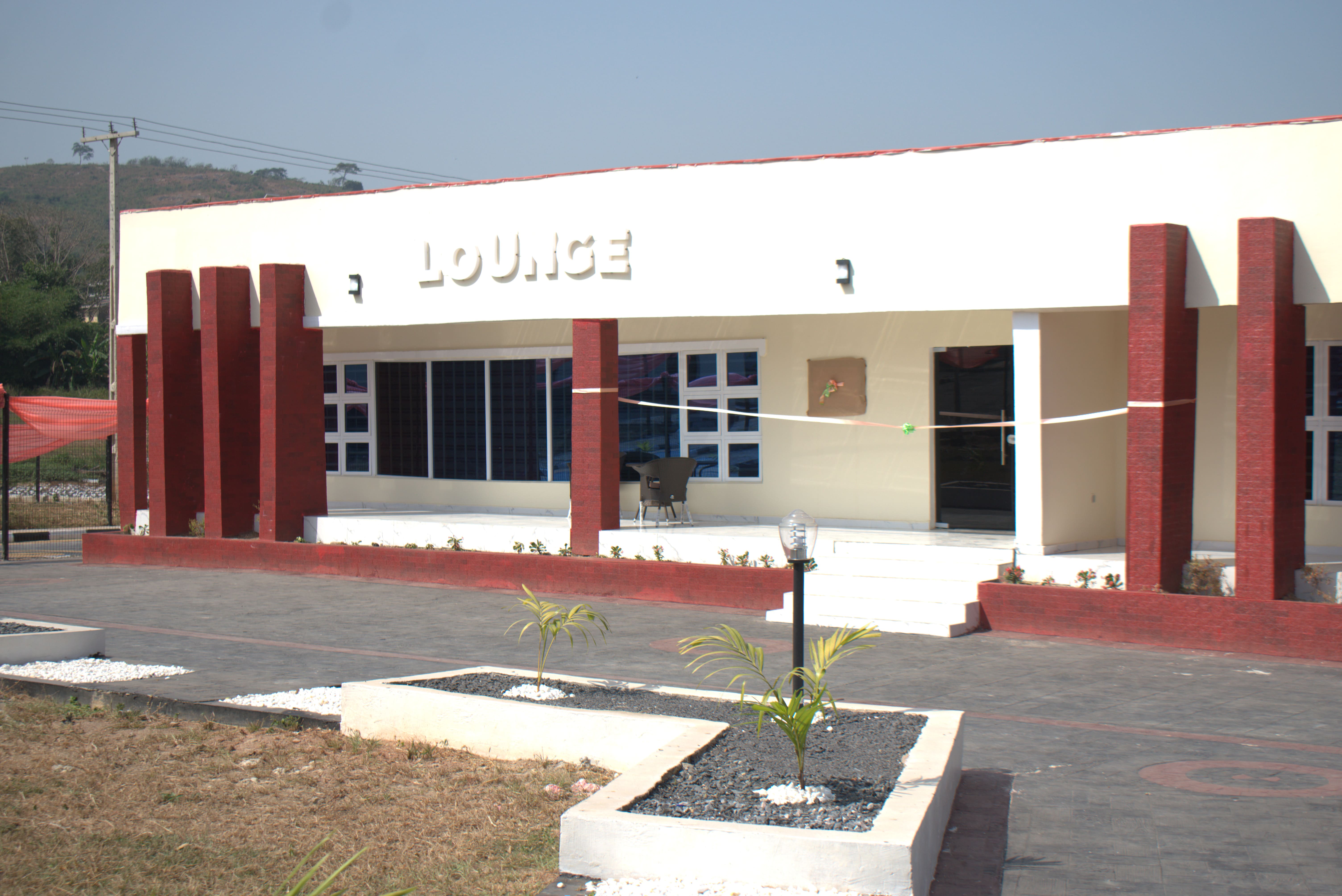
- The Oak Park Garden: A serene space designed to encourage reflection, creativity, and idea generation among students and faculty. In an era where digital technologies and artificial intelligence are driving solutions to complex global and regional challenges, the garden provides an enabling environment to spark fresh ideas and propel innovation.
These initiatives reflect OAK-PARK’s holistic approach to creating an ecosystem that nurtures innovation, supports academic excellence, and ensures long-term impact.
Mrs. Millicent Adjei, Communications Specialist for the ACE Impact Project, described OAK-PARK as “a shining beacon of innovation, excellence, and impactful collaboration.” She emphasized that the center’s influence extends far beyond OAU, inspiring a continental narrative of what African higher education institutions can achieve through groundbreaking innovations and regional partnerships.

Similarly, Ms. Yvonne Obiaga-Orekyeh, Communications Officer for ACE Initiatives at Nigeria’s National Universities Commission (NUC), reaffirmed OAK-PARK’s impact among Nigeria’s 17 ACEs. She noted that the center’s tenth anniversary represents “a decade of tangible achievements in advancing digital education, promoting innovation, and nurturing the next generation of Africa’s digital leaders.”

OAK-PARK’s legacy lies in cutting-edge research and technological innovation. A prime example is its newly established state-of-the-art Design Studio Laboratory, equipped with advanced platforms including: Quanser Real-Time Control (QUARC) System for real-time development, QDrone2 for Unmanned Aerial Vehicle (UAV) applications, QCar for driverless car simulations, QArm for autonomous robot manipulation, QAero2 for aerospace systems such as aircraft and spacecraft, QBot Platform for autonomous ground vehicle development.
This lab provides unparalleled opportunities to skill engineers, address Africa’s workforce shortages in emerging technologies, and explore advanced applications across robotics, aerospace, ground, and aerial automation.
Over the past decade, OAK-PARK has transformed into a hub of creativity, excellence, and sustainability, bridging academia and industry while developing solutions to regional and global challenges. Its achievements—from supporting digital inclusion and technology startups to creating jobs and advancing research—reflect the vision of the ACE Program in building universities as engines of innovation and societal transformation.




